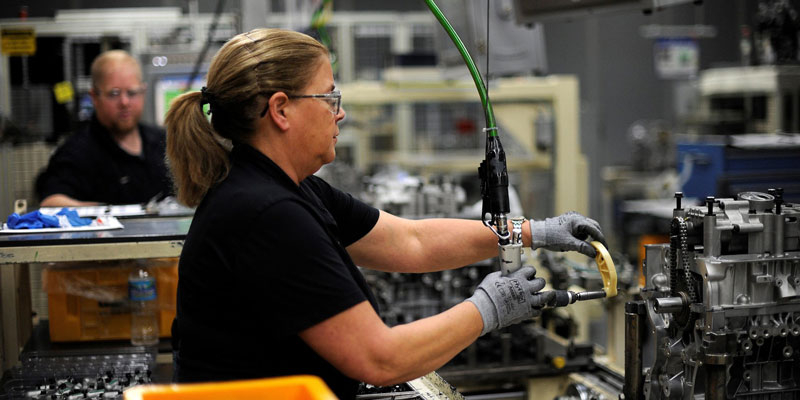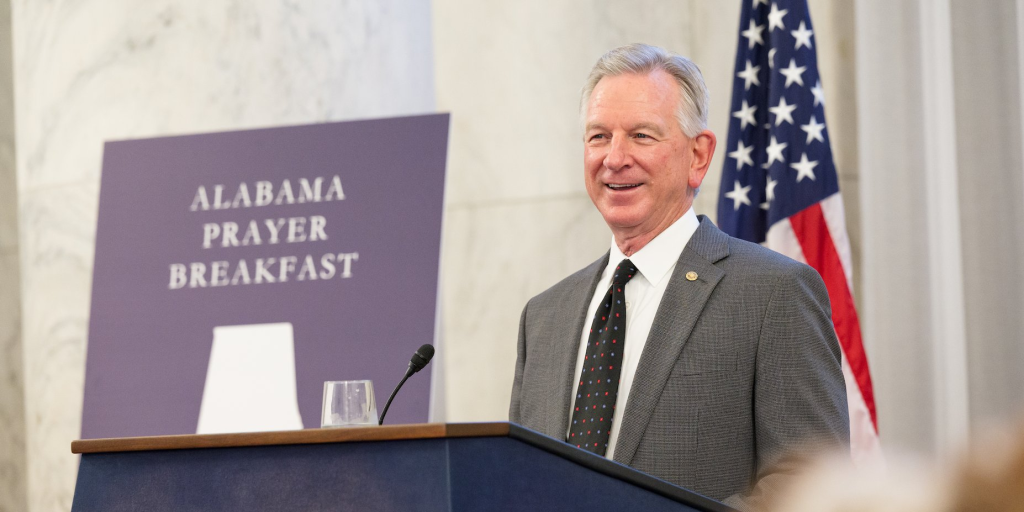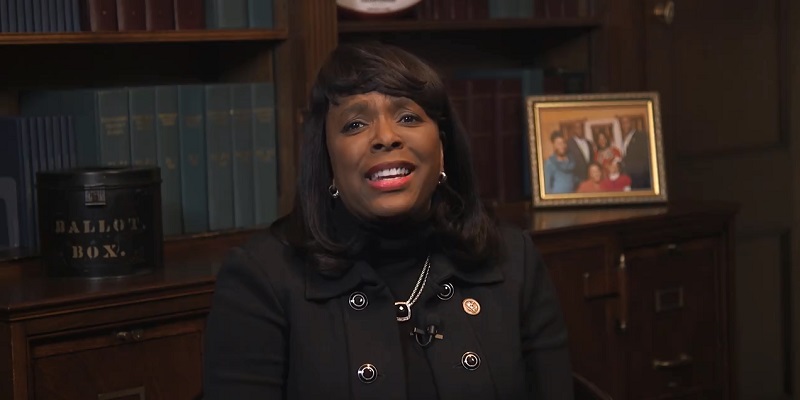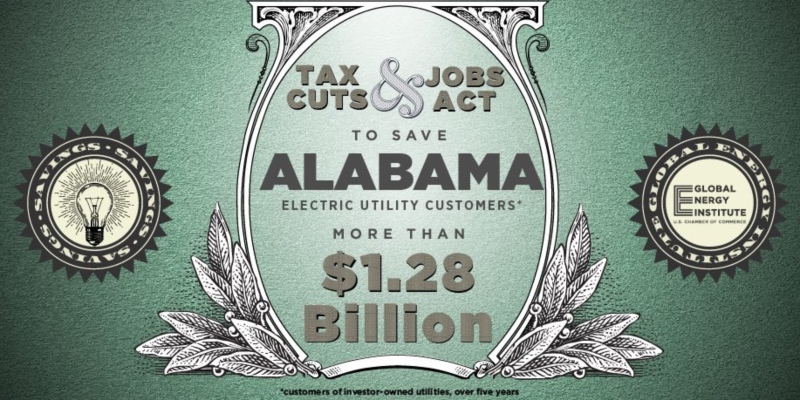The federal tax cuts passed last year created 2,941 jobs in Alabama this year and will create 16,633 over a decade, but that employment boost will lag behind most of the rest of the country, according to a new study.
A map prepared this month by the Washington-based Tax Foundation, breaks down the impact of the Tax Cuts and Jobs Act in each state. It forecasts a gain of 215,000 jobs nationwide from the tax cuts this year and a net gain of 1.216 million jobs by 2027. It is an update from a forecast the think tank published in December.
“As we’ve written previously, the Tax Cuts and Jobs Act will increase long-run GDP (gross domestic product), raise wages, and create jobs,” Tax Foundation economists Nicole Kaeding and Kyle Pomerleau wrote.
Job creation will peak at an even higher level in 2025, reaching 1.44 million. But jobs will then decline because of provisions of the tax reform law scheduled to expire, according to the foundation, according to the report.
Although the think tank projects benefits for all 50 states, it anticipates slower job increases for Alabama. The 2,941 new jobs works out to a rate of 60.3 new jobs for every 100,000 residents. Only Florida, Arkansas, Arizona, New Mexico and Mississippi fare worse by that metric.
Projected jobs gains are more than 36 percent greater, proportionally, in North Dakota. The estimated 622 new jobs there work out to a rate of 82.3 jobs per 100,000 residents, the highest in the country. Nebraska, Massachusetts, Minnesota and Wisconsin round out the top five.
Keivan Deravi, an economics professor at Auburn University at Montgomery, said the reason for the anticipated lag in Alabama likely comes down to a simple fact — the state’s population is not as rich as the rest of the country, on average, and the tax overhaul disproportionately favors upper-income earners.
“The biggest benefit comes to the extremely rich,” he said.
Deravi said that is a consequence of America’s federal tax system, which is progressive. Higher earners pay a higher share of their income on taxes. As a result, they enjoy the biggest savings from broad-based tax cuts.
The same is true with corporate tax reductions, Deravi said.
“That’s a huge windfall coming in,” he said.
But the biggest winners from that windfall are the owners of the businesses. Stock owners also are more likely to live in states other than Alabama, Deravi said.
“In Alabama, we have proportionately less in the upper and upper-middle income,” he said.
With a relatively smaller number of dollars headed to Alabama, the improvement to the economy is a bit less than most other states, Deravi said.
He added that there is not much Alabama can do about that in the short term. In the long run, he said, the state can work to improve its economy and grow higher-end industries.
“We are still in the stage of high-skill manufacturing,” he said. “We have to move to the research and development.”
Deravi said investment in education over time can help the state gain a foothold in research and development, pharmaceutical research and similar industries.
“That’s when the payback would be,” he said.
@BrendanKKirby is a senior political reporter at LifeZette and author of “Wicked Mobile.”













